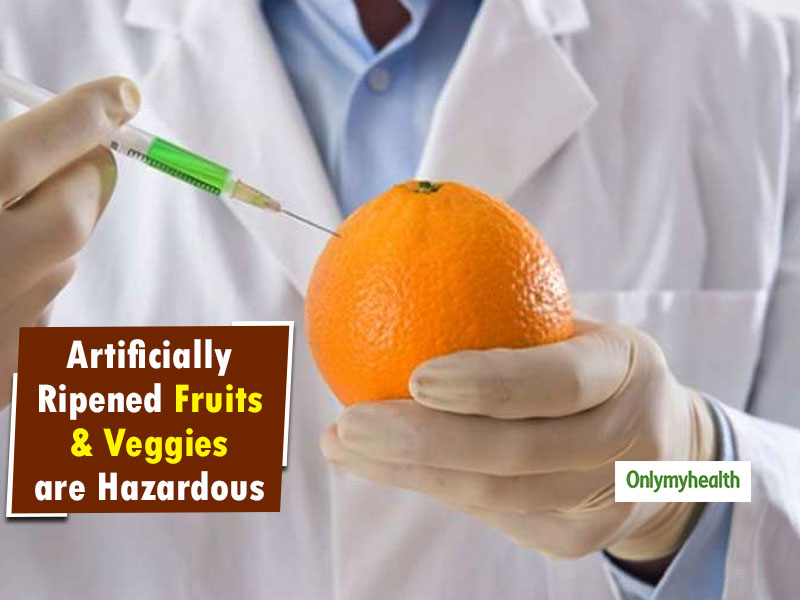NAFDAC Issues Strong Warning Against Consuming Chemically Ripened Fruits

National Agency for Food and Drugs Administration and Control (NAFDAC) Cautions Nigerians on the Dangers of Chemically Ripened Fruits
In a stern warning to the public, the National Agency for Food and Drugs Administration and Control (NAFDAC) has cautioned Nigerians against the consumption of chemically ripened fruits. This critical advisory was delivered by Prof. Mojisola Adeyeye, the Director General of NAFDAC, during the North Central Zone NAFDAC Media Sensitization Workshop on Dangers of Drug Hawking and Ripening of Fruits with Calcium Carbide in Nasarawa State.
Rising Health Concerns
Speaking at the event organized for the Association of Nigerian Health Journalists, Prof. Adeyeye emphasized the health hazards associated with chemically ripened fruits, including bananas, oranges, mangoes, and avocados. The use of calcium carbide for ripening fruits has been on the rise in Nigeria, posing significant risks to consumers’ health.

Health Risks and Natural Alternatives
“When fruits are forced to ripen with calcium carbide, they lose their original nutrients and become poison, exposing consumers to cancer and other related killer diseases,” warned Prof. Adeyeye. She urged consumers to opt for natural ripening methods, such as using apple fruit to ripen bananas or banana peels.
Quality and Safety Concerns
Chemically ripened fruits suffer a considerable loss of properties such as color, taste, and texture, impacting their overall quality. Additionally, these fruits do not possess the natural aroma and flavor associated with naturally ripened fruits. Calcium carbide, the chemical used in the ripening process, contains impurities like arsenic and lead, which pose serious health risks, including cancer, heart, kidney, and liver problems.
Symptoms of Poisoning
Consumption of artificially ripened fruits can lead to a range of health issues, including sleeping disorders, mouth ulcers, skin rashes, kidney problems, and even cancer. Symptoms of poisoning may include diarrhea, burning sensations, difficulty swallowing, and numbness.
Dangerous Drug Hawking
In addition to the warning about chemically ripened fruits, NAFDAC expressed concerns about drug hawkers who sell expired and adulterated medicines in open markets. Prof. Adeyeye described them as “merchants of death” and noted that they pose a significant threat to public health and national security.
Prescription Drug Concerns
The Director General highlighted that itinerant drug hawkers often sell prescription drugs and even provide medical advice, potentially endangering the lives of unsuspecting patients. Furthermore, these hawkers are known to distribute narcotics to criminal networks, including armed bandits, insurgents, kidnappers, and armed robbers.
Enforcement Measures
Prof. Adeyeye announced that NAFDAC would take strong enforcement actions against drug hawkers, including prosecution and imprisonment. She stressed that NAFDAC’s enforcement officers were conducting nationwide operations to crack down on offenders and ensure public safety.
Media as a Partner for Change
In a welcome address, Pharmacist Omoyeni Babatulunji, the Nasarawa State Coordinator, commended the role of journalists in partnering with NAFDAC to raise awareness about these critical health and safety issues. The media, he noted, plays a vital role in delivering information that aids behavioral change and development.
As the dangers of chemically ripened fruits and drug hawking come to the forefront, NAFDAC continues its mission to safeguard public health and ensure the quality and safety of food and drugs in Nigeria. Consumers are urged to be vigilant and prioritize their health by avoiding chemically ripened fruits and only purchasing medicines from reputable sources.



